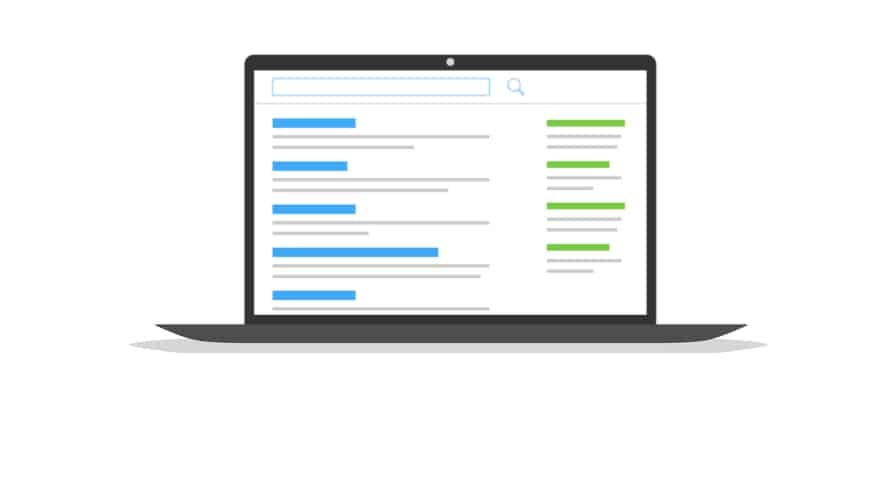Performance marketing agency Performics has shed new light on the relationship between search queries and where consumers are in their purchasing journey.
Working with the Northwestern University in a research partnership called Intent Lab, alongside the Bing Search Network, the study found that searchers with a high purchase intent were 180% more likely to click on results with the word ‘shop’, while those with browsing intent are 20% more likely to click on results with abstract words, like ‘best’.
The insights came from a collaboration with Bing’s owner Microsoft, which leveraged searcher intent from across the search engine, reviewing the impact of search queries on user actions.
“Our study found that a person’s search query can indicate their psychological distance to an action or goal, like buying something,” said Ashlee Humphreys, associate professor at Northwestern.
‘Insights machine’
The researchers concluded that search queries containing fewer concrete words and more abstract ones like ‘why’, indicated an abstract mindset, which tends to occur earlier in the purchase journey. Concrete queries like ‘shop’, meanwhile, indicated a shorter distance to action.
“Search isn’t just a marketing channel for brands,” commented Esteban Ribero, SVP planning & insights at Performics; “It’s also a behavioural insights machine; search query language uncovers consumer signals that can inform media planning and optimisation in search marketing and beyond.
“Our study proves that marketers who identify the mindset of consumers by their search queries and match ads and experiences accordingly will increase performance.”
As part of the study, Performics also ran three live ad campaigns in the beauty products category, bidding on keywords with various levels of concreteness; ‘how’ (most abstract), ‘best’ (abstract) and ‘buy’ (concrete), finding a 17% increase in likelihood to click when matching concrete/abstract search keywords with the ad.

